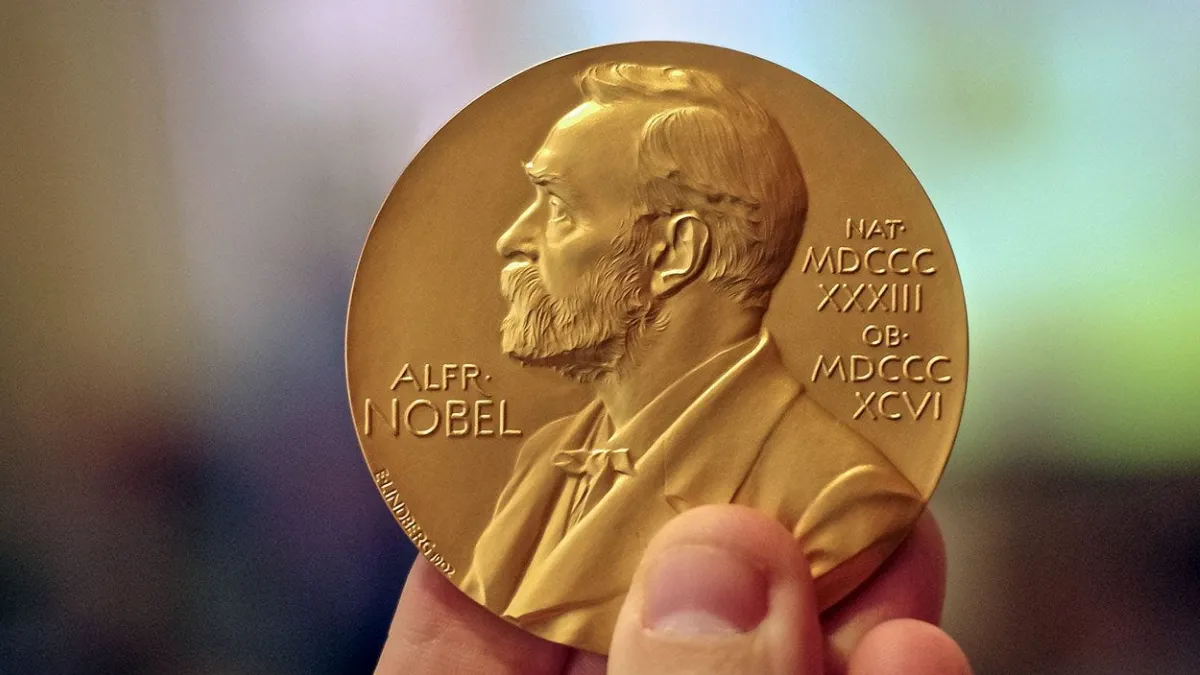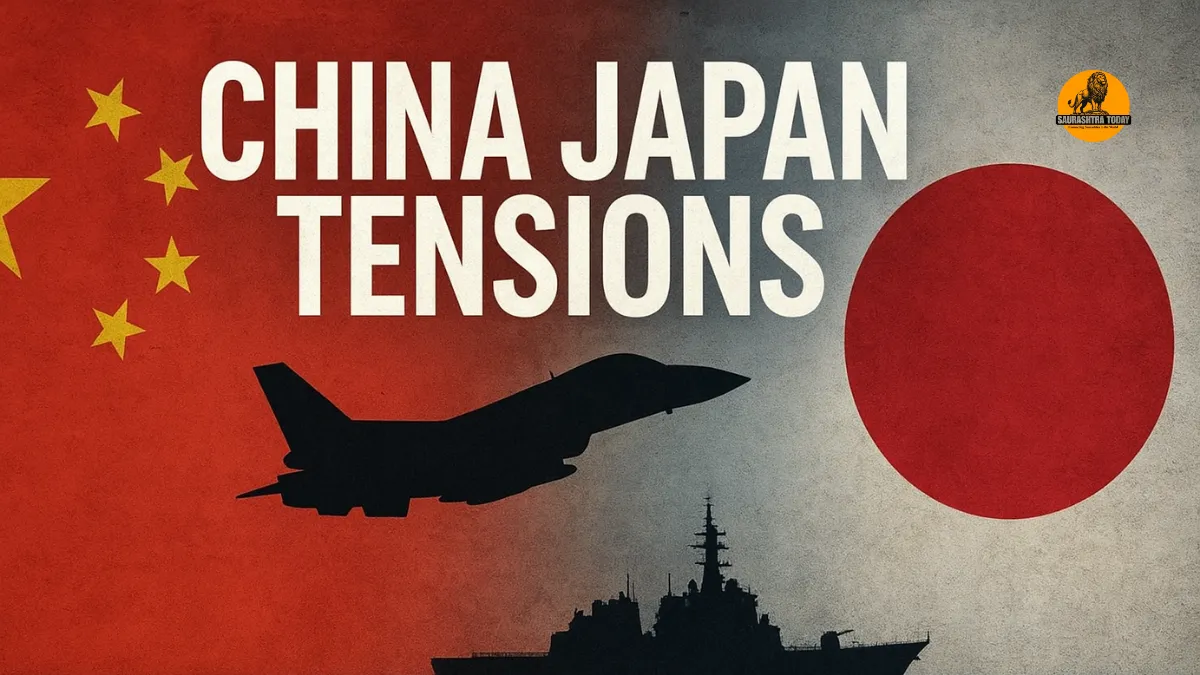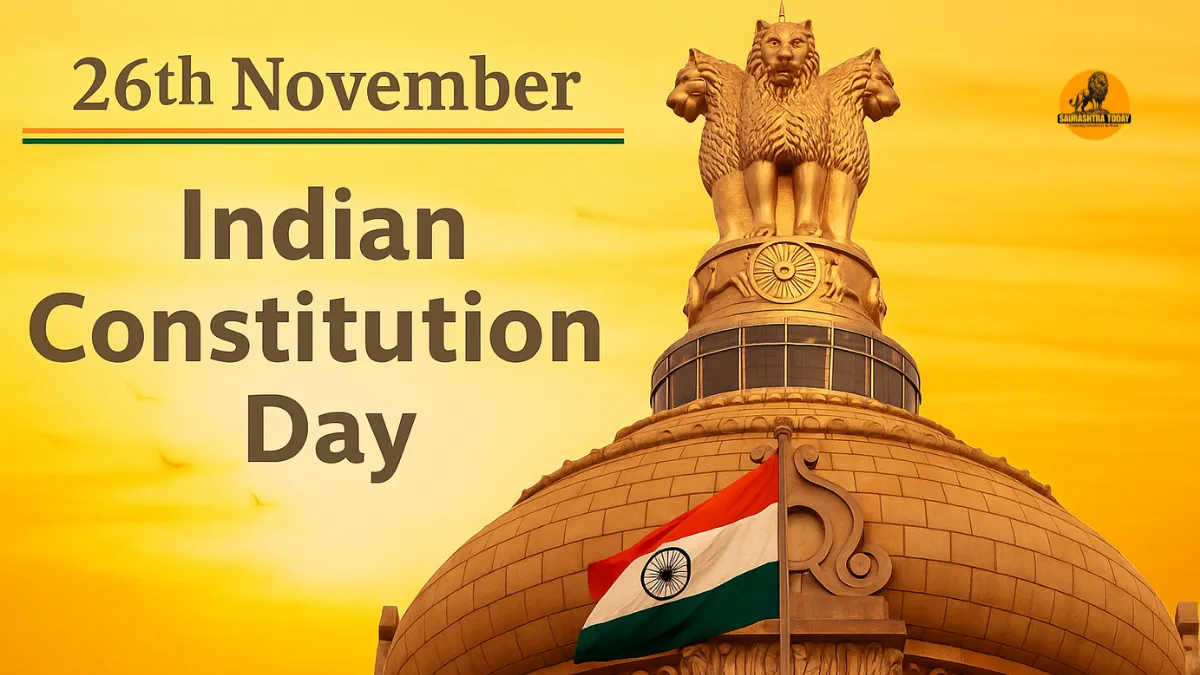Nobel Peace Prize History: The Nobel Peace Prize stands as one of the world’s most respected honors — a symbol of hope, cooperation, and human progress. Its story begins with the remarkable vision of Swedish inventor and businessman Alfred Nobel, whose final act of generosity shaped global recognition for peace and scientific advancement.
Alfred Nobel’s Vision: A Will That Changed the World
When Alfred Nobel passed away in 1896, he left behind one of the largest private fortunes of his time. Unlike most wealthy individuals, Nobel didn’t choose to pass his wealth to his family or heirs. Instead, through his last will, he made a decision that would change the course of history.
He declared that his entire remaining estate — worth 31.5 million Swedish crowns — should be invested safely, and the interest from that fund would be used each year to reward individuals or organizations that had “conferred the greatest benefit on mankind.”
This noble idea became the foundation for what we now know as the Nobel Prizes, which recognize outstanding contributions in physics, chemistry, medicine or physiology, literature, and peace.
The Birth of the Nobel Peace Prize
Among all the prizes Nobel envisioned, the Peace Prize carried a special message. It was to be given to “the person who shall have done the most or the best work for fraternity between nations and the abolition or reduction of standing armies, and for the formation and spreading of peace congresses.”
This wording in Nobel’s will clearly reflected his deep concern for international harmony and his hope for a future free from war. It also made the Nobel Peace Prize unique among the other categories, as it directly promoted humanitarian and diplomatic efforts.
Why Norway Was Chosen to Award the Peace Prize
One interesting part of the Nobel Peace Prize History is that it is not awarded in Sweden like the other Nobel Prizes. Instead, Alfred Nobel stated in his will that a committee of five people appointed by the Norwegian Parliament (the Storting) should select the Peace Prize laureates.
At that time, Sweden and Norway were united under one monarch but had separate governments. Historians believe Nobel chose Norway because its parliament was known for its commitment to peace and democracy.
In April 1897, the Norwegian Storting accepted this responsibility, and by August of that year, the Norwegian Nobel Committee was formally established. This committee continues to oversee the Peace Prize today.
The Legal Battles and Creation of the Nobel Foundation
However, the path to making Nobel’s dream a reality was not smooth. After his death, parts of his family challenged the will, questioning the legality of giving away such a large fortune. This led to years of legal disputes in Sweden.
Finally, in 1900, the issues were resolved with the creation of the Nobel Foundation, a Swedish organization established to manage Nobel’s estate and ensure the smooth operation of the prizes. The foundation became responsible for handling the investments and distributing the prize money according to Nobel’s wishes.
This marked a turning point in the Nobel Peace Prize History, as it laid the groundwork for the actual selection and awarding process that continues to this day.
The First Nobel Peace Prize Winners
The first-ever Nobel Prizes were awarded in 1901, five years after Nobel’s death. The Nobel Peace Prize that year was shared between Frédéric Passy from France and Jean Henry Dunant from Switzerland.
Frédéric Passy was a noted pacifist and one of the earliest advocates for arbitration instead of war. Jean Henry Dunant, on the other hand, was the founder of the Red Cross and a key figure behind the Geneva Convention, which set humanitarian laws during wartime.
Together, these two laureates perfectly represented the spirit of Nobel’s vision — promoting peace, compassion, and international cooperation.
The Evolution of the Nobel Peace Prize
Since that historic beginning, the Nobel Peace Prize has been awarded to over 140 individuals and organizations from across the world. Winners have included Nelson Mandela, Mother Teresa, Malala Yousafzai, the United Nations, and Doctors Without Borders — each contributing in unique ways toward peace, justice, and human rights.
Over time, the award has also evolved to reflect the changing global landscape. While early recipients focused mainly on disarmament and international treaties, later winners have worked for climate action, education, democracy, and humanitarian relief.
Despite occasional controversies over the selection of winners, the Nobel Peace Prize remains a symbol of the world’s ongoing pursuit of harmony and dignity.
Also read: Nobel Prizes 2025: World Awaits New Champions of Science, Peace, and Literature
A Lasting Legacy of Hope
Today, more than a century after Alfred Nobel’s death, his vision continues to inspire the world. The Nobel Peace Prize History reminds us that one person’s foresight and compassion can leave an everlasting impact on humanity.
Each year, when the Nobel Peace Prize is announced from Oslo, Norway, the world pauses to celebrate the efforts of those striving to make the planet more just, kind, and peaceful.
From a simple will written by a man once known for inventing dynamite, the Nobel Peace Prize has grown into a powerful beacon of hope — proof that even from tools of destruction can come a lasting legacy of peace.

















